Karachi, the largest city in Pakistan, is facing one of the toughest monsoon seasons in recent memory. Torrential rains have flooded streets, damaged homes, and disrupted daily life. Among the many challenges, education has taken a major hit as schools across the city have been forced to close. The closures have left thousands of students without access to classrooms, creating concerns about learning gaps and the overall academic year.
The Scale of the Flooding
This year’s monsoon rains have been unusually heavy. Low-lying neighborhoods were quickly submerged, and drainage systems failed to cope with the overwhelming flow of water. Roads became rivers, making transportation nearly impossible. Many schools themselves were directly affected, with water entering classrooms, damaging furniture, and even making buildings unsafe for children.
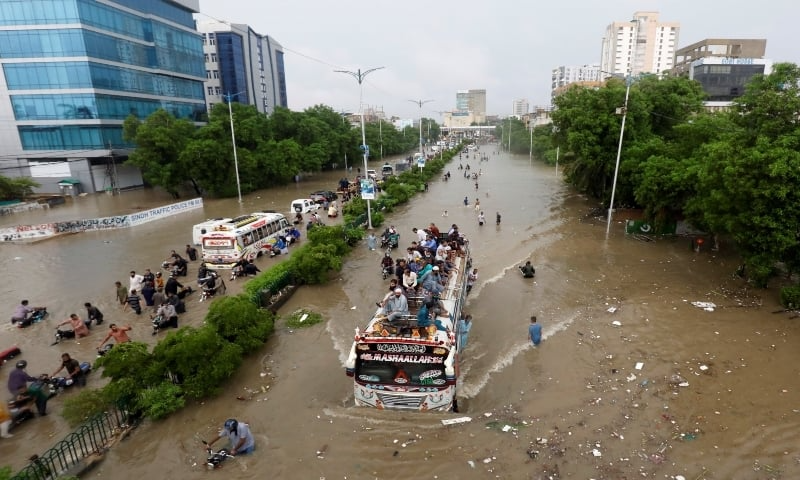
Immediate School Closures
Authorities announced the closure of both public and private schools in Karachi to ensure the safety of students and staff. The decision was necessary because flooded roads made it risky for children to commute. In some cases, school buses were unable to reach neighborhoods due to waterlogged streets. Even schools that were not directly flooded chose to close because attendance was impossible to maintain.
Impact on Students
The closures have caused significant disruption in the education of students. Many were already struggling to recover from previous academic setbacks caused by the COVID-19 pandemic. With these closures, students now face further breaks in their learning. Teachers worry that the sudden pause could affect exam preparation, curriculum completion, and the overall quality of education.
Parents’ Concerns
Parents are deeply concerned about both the safety of their children and the loss of valuable study time. For many families, especially those with working parents, school closures create additional difficulties. Some parents are unable to arrange proper childcare at home, while others worry about how their children will catch up academically once schools reopen.
Online Learning as a Temporary Solution
Some private schools have turned to online classes as a short-term solution. Teachers are conducting lessons through video calls and sharing assignments digitally. While this helps reduce the learning gap, not all students have equal access to the internet or digital devices. Many families in Karachi cannot afford stable internet connections, making online learning an incomplete substitute for physical classrooms.
Government Response
City authorities have assured the public that they are working to drain water from flooded areas and restore normal life. Efforts are also being made to inspect school buildings for safety before reopening. Officials have emphasized that students’ safety remains the first priority. However, critics argue that poor urban planning and inadequate drainage systems have made Karachi increasingly vulnerable to such disasters.
Long-Term Challenges
The repeated cycle of monsoon flooding highlights deeper issues in the city’s infrastructure. Schools in many areas are not built to withstand such conditions. Poor drainage, weak building structures, and lack of emergency preparedness all contribute to the crisis. Without long-term planning, similar closures will continue to disrupt education every year.
Effects on Teachers and Staff
Teachers and school staff are also facing challenges during this crisis. Some have had their homes damaged by the floods, while others cannot reach schools due to transportation issues. The uncertainty about when schools will reopen adds stress for both educators and administrators, who must adjust lesson plans and exam schedules once classes resume.
Possible Solutions
To prevent such disruptions in the future, several measures can be taken:
- Improved Infrastructure: Building stronger drainage systems to reduce urban flooding.
- Flood-Resistant School Buildings: Constructing or renovating schools to withstand heavy rains.
- Emergency Plans: Developing strategies to quickly shift to online or alternative learning systems when schools are forced to close.
- Government Investment: Allocating funds to ensure schools remain safe and functional during extreme weather events.
Conclusion
Karachi’s school closures during this historic monsoon flooding serve as a reminder of the city’s vulnerability to natural disasters. While protecting students’ safety is the right decision, the disruption in education highlights the urgent need for better infrastructure and long-term planning. Without addressing these underlying issues, students in Karachi will continue to face setbacks every monsoon season. Ensuring safe, continuous, and accessible education must remain a top priority for both the government and society.

.gif)












.png)

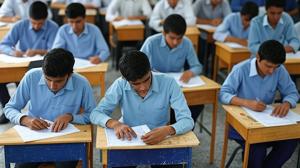
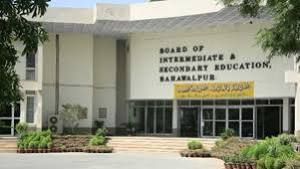
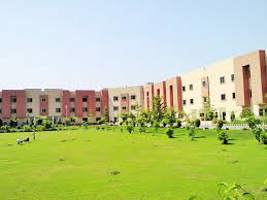
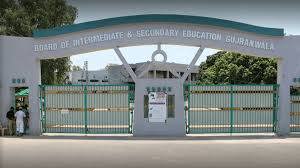
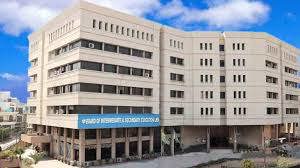



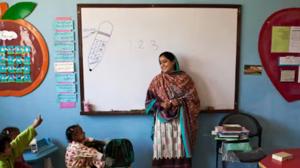
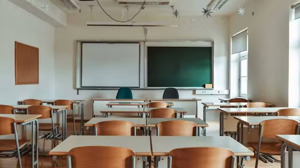

Share Your Comments Questions Here